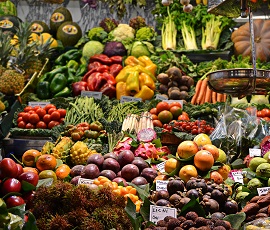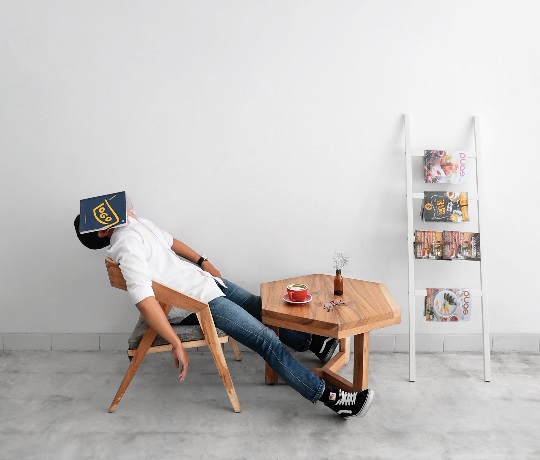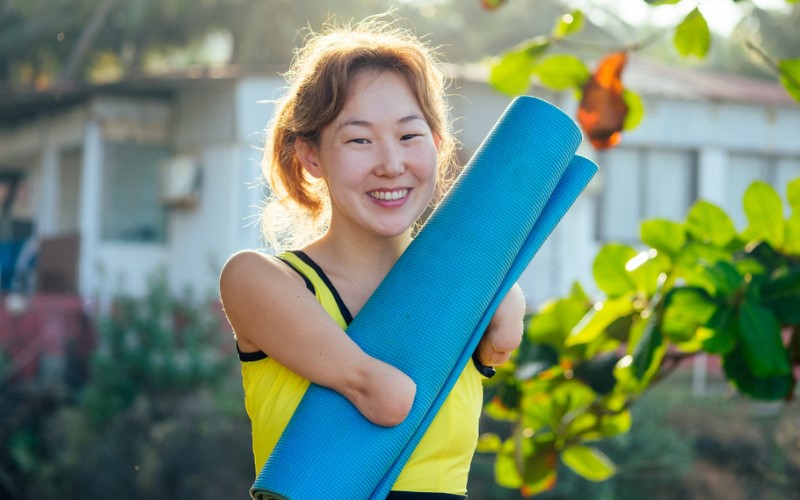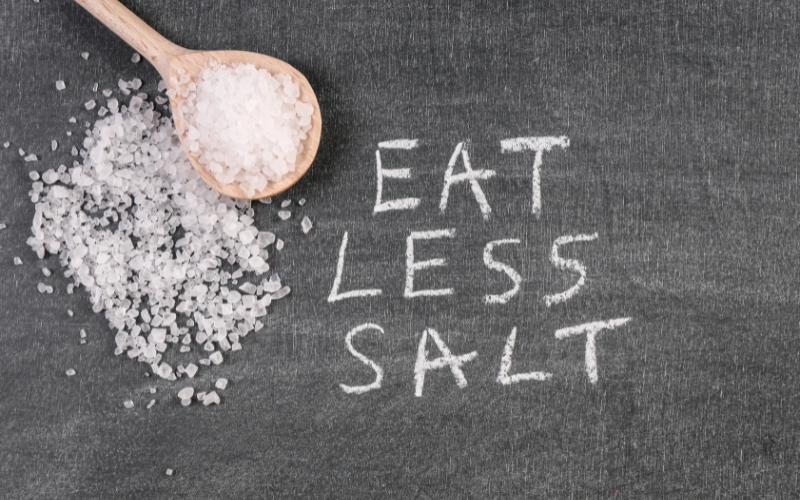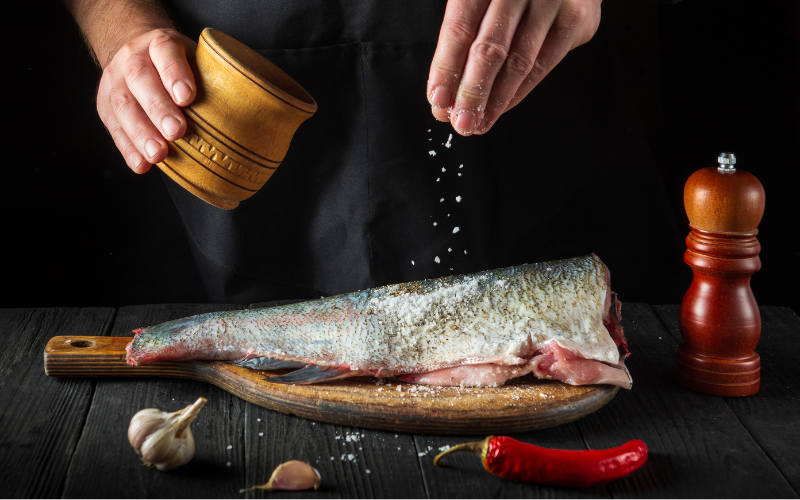Bedtime Blues? Tips on How to Sleep Better and Beat Insomnia
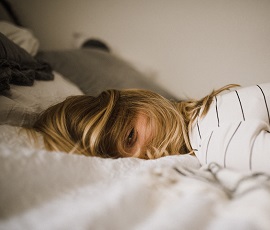
It’s vital to human health to get a calm and restful sleep and enough of it. Our body’s repair and rejuvenation depends on it. Scientific studies have shown that good sleep can help you be a healthier person, one who eats less and exercises more effectively. A restful slumber can also boost your mood and your overall ability to function. The outcomes are not to be underestimated!
By comparison, poor sleep can lead to bad eating habits, weight gain and an increase in disease risk. Are you a poor sleeper? The term insomnia can mean you have difficulty falling asleep, you wake through the night, or you wake too early in the morning. Typically a person suffering from these kind of sleep troubles won’t experience satisfaction with sleep and they likely feel tired, moody and have difficulty concentrating.
The Sleep Health Foundation of Australia reports that a huge amount of Australian adults are sleep deprived - up to 45% are not getting adequate quality or quantity each night! If you’re among that group, one place to start to improve your sleep is your diet.
Which foods can help you sleep better?
Some foods are considered better for promoting sleep than others and scientists have done studies on foods high in tryptophan, melatonin, magnesium, omega 3’s and certain antioxidants. Here are some examples of foods that may help you sleep better:
- Fatty fish (omega 3 oils) – Salmon Teriyaki or Thai Red Curry Salmon with Beans + Peas or Salmon Fillet with Braised Lentils
- Walnuts or almonds (melatonin, magnesium & healthy fats) – Protein Nut Bar or Tamari Almonds or Hazelnut & Almond Bar
- Turkey (tryptophan) – make your own turkey burgers such as these from BBC Good Food
- Chamomile tea (antioxidants)
- Legumes (magnesium) – Vegetable + Lentil Soup or Spinach Chana Dhal or Mexican Jumping Beans
What other things can you do to promote healthy sleep patterns?
- Try to be consistent with the time you go to bed and wake up each day – it will help your body establish a good sleep habit.
- Increase your exposure to bright natural light (sunshine) during the morning and middle of the day.
- Decrease your exposure to blue light at night. Blue light is emitted by televisions, mobile phones and computers.
- Cut down or cut out the caffeine, especially in the latter part of the day.
- Ensure your bedroom is not too hot or too cold.
- Don’t eat too late at night or your digestive system will keep you up.
- Reduce all liquids in the hour or two before bed, and cut out alcohol too.
See which of these tips you can introduce into your sleep routines this week. Good luck and happy snoozing!



